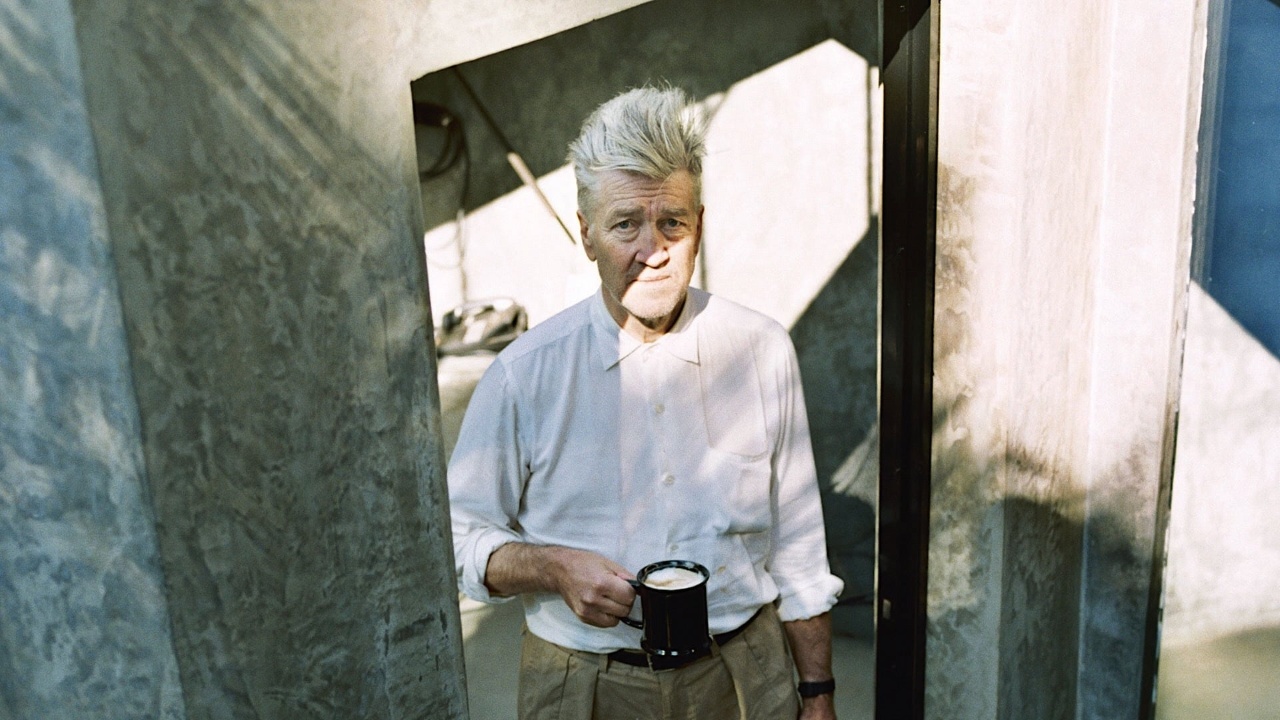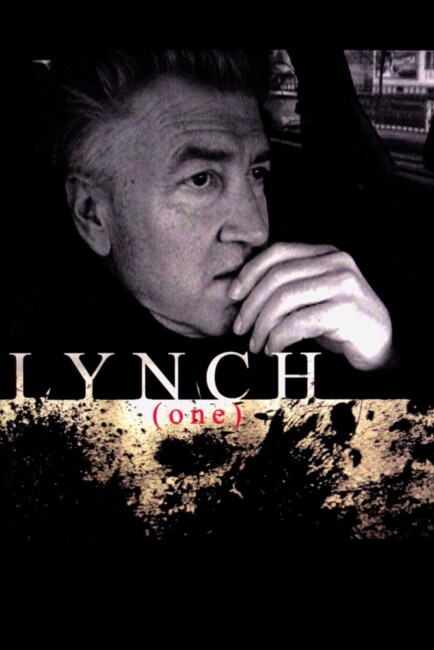USA. 2007.
Crew
Director – blackANDwhite [Jason S.], Producers – Soren Larsen, Brynn McQuade, Jon Nguyen & Jason S., Photography (some scenes b&w) – Jason S. & Morten Soberg, Music – Prairie Vibes, Visual Effects – Jesper Nybroe. Production Company – Absurda/Hideout Films.
With
David Lynch
David Lynch (1946-2025) is a cult director and has been regarded as the king of weird cinema ever since his appearance with Eraserhead (1977). From there, Lynch went onto direct the acclaimed period drama The Elephant Man (1980), the science-fiction epic Dune (1984) and the dark sadomasochism thriller Blue Velvet (1986), before the cult hit of the tv series Twin Peaks (1990-1, 2017). Lynch’s name continued to rise on cinema screens with the brilliantly deranged Wild at Heart (1990), Twin Peaks: Fire Walk With Me (1992), the surreal identity exchange film Lost Highway (1997), the non-genre The Straight Story (1999), the Hollywood noir Mulholland Dr. (2001) and Inland Empire (2006).
Lynch is a Documentary about Lynch. It was directed by someone who works as an assistant to Lynch and hides behind the pseudonym blackANDwhite – the IMDB credits blackANDwhite as being Jason S. and possibly that his real name is Jason Scheunemann. blackANDwhite originally planned to make a series of Lynch documentaries – Lynch exists in several forms and cuts – but the only other work they have made to date has been The Man With the Gray Elevated Hair (2017), a 30 minute short made during the Twin Peaks tv series revival in 2017. Lynch is one of several other documentaries about Lynch including David Lynch: The Art Life (2016), which Jason S. also co-produces, and Lynch/Oz (2022).
The documentary is shot is a variety of styles and film stocks, ranging from video to handheld, and switches between colour and black-and-white. It mostly takes place as Lynch is shooting his last theatrical film Inland Empire – we see him on the set at various points directing Laura Dern, even taking a phone call from Jeremy Irons asking him to be in the film. The sections are undated, but we also see Lynch recording the weather for his website and various other scenes where he is interviewed while sitting in his office. We also go on a tour of his workshop as we see him in the process of creating sculptures.
At various points interspersed throughout, Lynch tells a series of anecdotes – about he and his brother trying to puncture the body of a frozen cow with a pickaxe; another about a childhood hunting trip; and of how he used to walk about town with a stick with nails through it and being pulled up by a cop. He also at one point offers a description and appreciation of Georges Franju’s The Blood of the Beast (1949).

Lynch even speaks out in favour of his beliefs in transcendental meditation, which he claims is essential to his creative process and says how every creative talent would benefit from such. He later talks about how Maharishi Mahesh Yogi persuaded him to set up the non-profit organisation The David Lynch Foundation in 2005 to further transcendental meditation. The film also takes us on a tour of some old and abandoned factories in Poland where Lynch was granted the opportunity to take photographs of the texture.
My disappointment of Lynch is that it is fairly shapeless as a documentary. There is no real story to it – it is just the filmmakers filming Lynch at work and him recounting various anecdotes. Certainly, Lynch is a very likeable and affable presence with his slow Midwestern drawl. On the other hand, there is none of the stuff that you come to watch a documentary for – no attempt to go into Lynch’s background or motivations and show why he does what he does; no discussion or analysis of his works or the meaning he attributes to work; no attempt to frame anything in autobiographical terms.
After I finished watching the documentary, I realised there was precious little I knew about Lynch that I did not before, and that made Lynch a disappointment for me. The most intriguing insight was him saying he had no idea where Inland Empire is going and how this is different to how he has made a film before – but the frustration is that the filmmakers never ask him, as an interview-based documentary would push him to answer, in what way this is different to the films he has made before.
Trailer here

